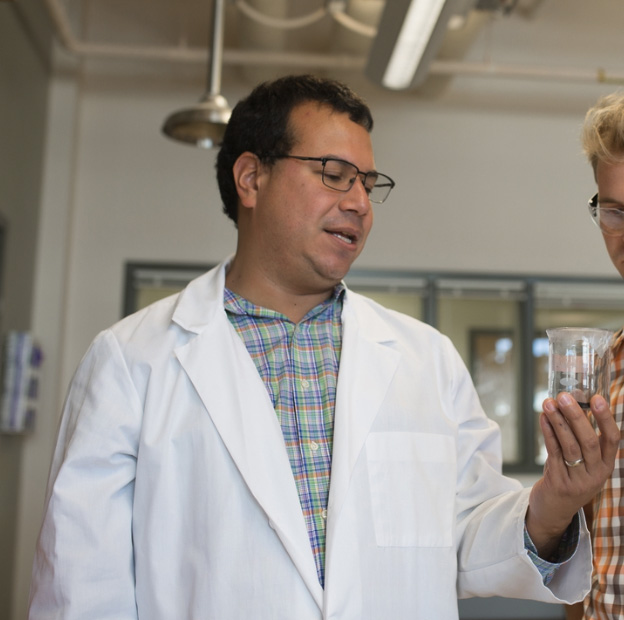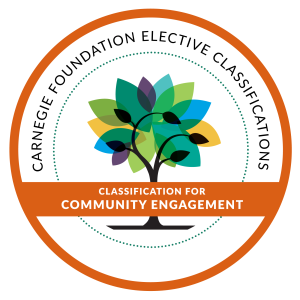José M. Cerrato

José M. Cerrato
Professor, Civil, Construction and Environmental Engineering Regents’ Lecturer | Director, E-H₂O Research Group
José M. Cerrato is an environmental engineer whose work focuses on water quality, environmental justice, and the energy–water nexus. At UNM, he leads research that combines cutting-edge science with community partnerships to address contamination, improve public health, and empower underrepresented communities through environmental solutions.
Dr. José M. Cerrato is a Professor in the Department of Civil, Construction & Environmental Engineering and Regents Lecturer at the University of New Mexico. He directs the E-H₂O Research Group, where he leads interdisciplinary research that studies the movement of metals and radionuclides in the environment-especially in water systems impacted by legacy uranium mining.
Originally from Honduras, Dr. Cerrato brings an international perspective to his work, grounded in equity and community collaboration. He partners with Native American communities in New Mexico to co-develop sustainable water treatment strategies, with a focus on environmental and cultural resilience. His research combines spectroscopy, aqueous chemistry, and molecular biology to address critical environmental challenges.
Dr. Cerrato is a recipient of numerous national awards, including the NSF CAREER Award, Oak Ridge Associated Universities Faculty Enhancement Award, and the UNM Faculty of Color Research Award. His work has been funded by the National Science Foundation, Department of Energy, and other federal agencies focused on environmental health and justice.
At UNM, Dr. Cerrato teaches courses in environmental chemistry, aqueous analysis, and nanotechnology applications in environmental engineering. He is also the newly appointed director of CHANGES-an interdisciplinary network focused on climate, health, and environmental research for a resilient Southwest.
His work reflects a commitment to interdisciplinary science, mentorship, and community partnerships that protect water resources and support healthier futures for communities most impacted by environmental contamination.


